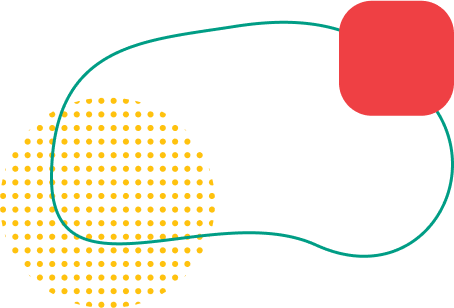Companies can certify and maintain certification independently of their corporate parent as long as they qualify as Complete and Distinct; that is, a business unit that is able to control its impact and meet the B Corp legal requirement. The list below outlines the five criteria a company must meet to be able to certify independently:
- Legal Accountability: Your business retains a separate legal entity that is a for-profit business, with the ability to meet the B Corp legal requirement. It’s a good idea to ensure that the existing or new legal entity is fulfilling the B Corp legal requirement as a sale occurs.
- Executive Accountability: Your business has a dedicated executive team or equivalent that is accountable for, and has decision making authority over, all business operations, reflected on the businesses profit & loss statement.
- Control Over Product Purchasing and Supply Chain Impact: The executives and managers residing over your company must exercise control over at least 90% of the product or service your business delivers. The company must have visibility into and the ability to improve the social, environmental, and financial performance of at least 80% of the company’s products’ supply chain.
- Complete and Distinct Reporting Accountability: Your business must have a separate profit & loss statement (P&L) that encompasses all operations of the business being certified. The P&L must include salaries of the executive team, often either captured under labor costs or as shared service costs. The P&L does not have to be publicly reported.
- Generation of Revenues From Competitive Market Activities or Sales: Eligible companies must generate a majority of revenues from trading activities (sales), compete in a competitive marketplace, and must not be a charity or public body. Furthermore, internal business entities or units such as sales and distribution entities or R&I entities would be ineligible for independent certification.
If a company does not meet all of the criteria outlined above, it cannot certify independently of its corporate parent or related affiliate entities. This means that the parent company should start its own B Corp Certification process and include the initial company as a subsidiary or brand.
If a certifying company meets the Complete and Distinct criteria but has the same name as its parent company, it is able to certify independently, but its certification will trigger a certification requirement for the parent company. In most cases, the parent company will have four years from the certification of its subsidiary to be making significant progress on its own B Corp Certification. Learn more about the affiliated company rule and contact B Lab if this applies to your company.
Certifying companies should include complete information about their parent company when providing company details on the B Impact Assessment, regardless of whether it is in or out of scope.










